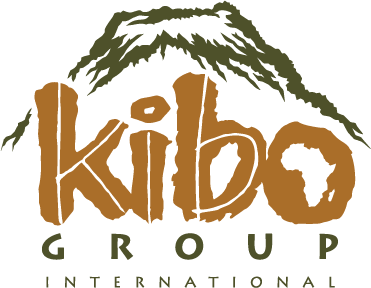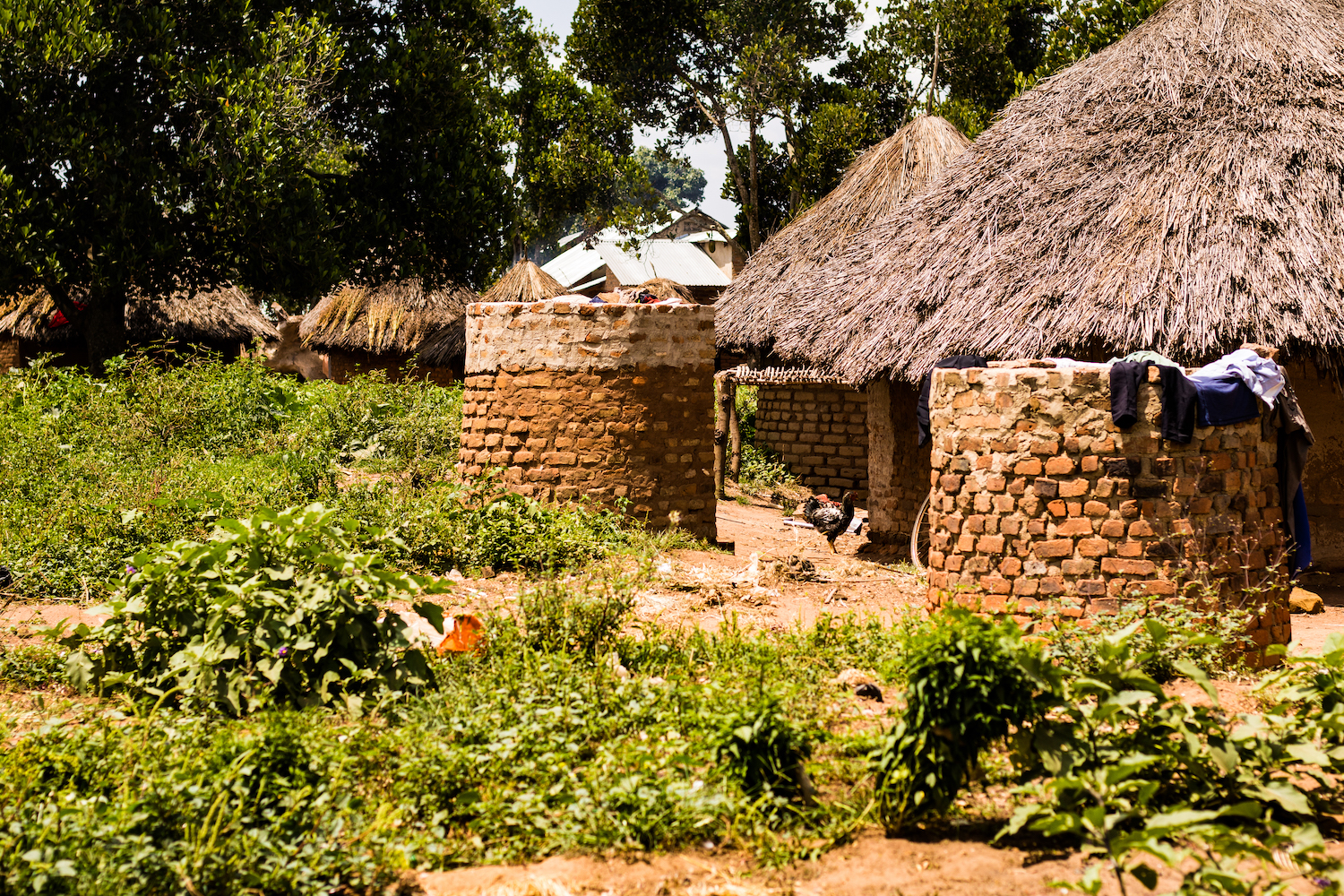
Water, Sanitation and Hygiene (WASH)
Our WASH staff cultivates dialogue with communities about sanitation and hygiene and helps them gain access to clean water. WASH partners with communities, empowers local leaders, and builds relationships with and within communities to help them sustainably lift themselves out of unhealthy living conditions.
That’s WASH. Want more depth? Scroll for more.
Before drilling or repairing wells, WASH usually starts with the Community-Led Total Sanitation (CLTS) curriculum. Our WASH staff educates villages about sanitation and hygiene and empowers them to take control of their health.
WASH also helps communities understand how diseases spread and gives members the tools they need to build their own sanitation and hygiene facilities. WASH follows up with villages regularly to guide them on how to build latrines, dish racks, hand-washing stations, showers, rubbish pits, and kitchens properly. Our WASH staff continues returning to a village until 100 percent of the community has hygiene facilities.
Latrines
Showers
Dish racks
Rubbish pits
Hand-washing station
Kitchens
Once communities reach high enough sanitation and hygiene standards, our WASH staff helps them gain access to clean water by drilling new wells and repairing old wells.
WASH helps each village elect members to their own Water-User Committee, which oversees the funds for the well and creates and enforces rules for water usage. Our WASH staff guides the Water-User Committee through preparations for future problems and encourages them to gather funds from the community to help pay a small portion of the costs for the well. By the time Kibo drills or repairs the well, the community feels like the well is theirs, which empowers them to care for it together responsibly.
Drilling new wells – In villages where people get their water from swamps or have to walk very far to the nearest borehole, we guide communities through the process of drilling and caring for a new well.
Repairing old wells – In villages with a broken or contaminated well, we guide communities through the process of repairing their well and help them prepare for future problems without relying on outside help.












